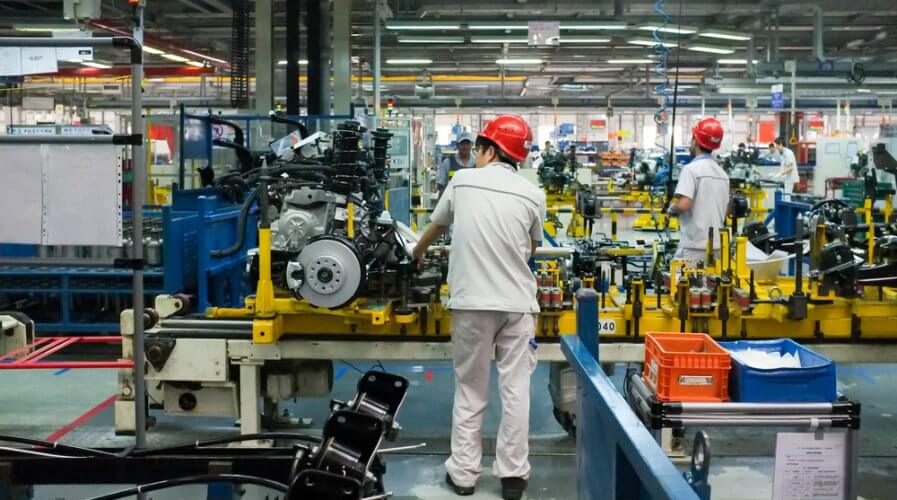
Customer data can really transform your business. Source: Shutterstock
Why it’s important to unlock the value in your employee data
ORGANIZATIONS have access to data about their employees — and with new technologies, they’re in a position to track, monitor, and learn more about how their workforce thrives.
According to a new report by Accenture, it is true that employees are concerned about employers using data to better understand — but that’s only because they fear doing so will perpetuate bias and affect their employability.
In fact, 92 percent of the 10,000 employees that the think tank surveyed said they would be willing to let their employers collect and use data on them and their work, but only if they benefited in some way. This belief does not vary much by country.
Data from workers can really help shape the future of the enterprise, and support employees rather than hurt them in any way, and leaders are confident that using workplace data to make decisions is important for business.
Seventy-seven percent said using workplace data can help grow the business, 76 percent said it will help transform the business for agility and efficiency, and 74 percent said it would unlock the full potential of people.
An example of using workplace data to help employees, in Accenture’s report, came from Hitachi.
The multinational engineering company is using new sources of workplace data to unleash higher levels of performance, unlocking trapped value in the business, and improving the lives of employees.
The company used inflexible business systems operating on a single set of pre-programmed instructions in logistics which meant that the company couldn’t optimize their business for the new-era.
Hence, Hitachi turned to new sources of data to elevate both agility and productivity. The company began mining the digital trail of people’s routines and actions as they work with technology, to capture the results of human ingenuity when employees tried new and creative approaches to continuous improvement, or “kaizen.”
The company uses artificial intelligence (AI) to capture how these new approaches work, their results, and how they impact the business overall — as well as real-time changes in work conditions and fluctuations in demand — to create self-adapting, flexible work orders.
By doing so, Hitachi claims it has achieved an eight percent boost in productivity.
Further, employees at the company are provided with special glasses and armbands so that the company can track their eye and hand movements.
Using AI, the company can then analyze the data to improve operations—making employees safer and more efficient while also improving quality.
The moment you read this, your mind will be drawn to the news about Amazon tracking workers in their warehouses last year. A lot of people said they were concerned about privacy, but that speaks to Accenture’s findings — if the company mentioned how employees benefitted from them collecting the data, maybe there would be more praise.
READ MORE
- Ethical AI: The renewed importance of safeguarding data and customer privacy in Generative AI applications
- How Japan balances AI-driven opportunities with cybersecurity needs
- Deploying SASE: Benchmarking your approach
- Insurance everywhere all at once: the digital transformation of the APAC insurance industry
- Google parent Alphabet eyes HubSpot: A potential acquisition shaping the future of CRM




